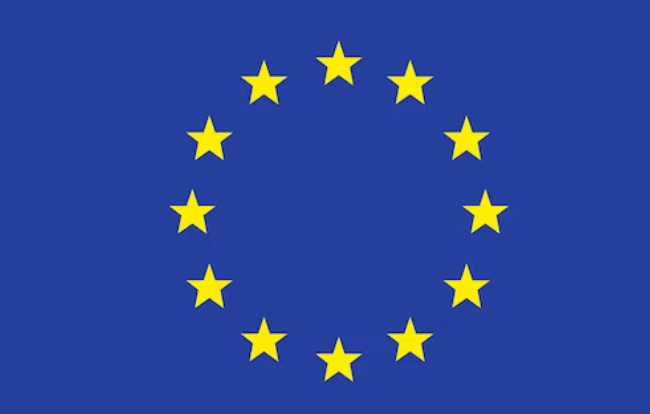$OMVJF $GAZP
#Austria #RussianGas #GasSupply #NaturalGas #OMV #Gazprom #EnergyCrisis #EuropeGas #EU #CommodityMarkets #EnergySecurity #Ukraine
Austria continues to receive supply of Russian gas despite the latest developments in a dispute between its national energy company, OMV, and Russia’s Gazprom. This situation comes just days after OMV announced its refusal to pay Gazprom as a means to recover from a substantial 230 million-euro ($242 million) arbitration award. The ruling was handed down by the International Chamber of Commerce (ICC), which penalized Gazprom for a previous supply disruption. The outcome of this arbitration dispute has not yet halted the flow of Russian gas to Austria via the transit route through Slovakia, which predominantly serves as the pipeline for gas transportation from Russia to Austria, passing through Ukraine amid the ongoing war. So far, gas flows into Austria have remained steady at 27 million cubic meters (mcm) per day.
This continuation of supply despite the legal tussle is noteworthy in the context of broader European energy security. Since the onset of the Russia-Ukraine conflict in 2022, European countries have faced heightened concern over their dependency on Russian natural gas. Austria, which remains one of the larger importers of Russian energy in Europe, has been affected by various halts in supply amid geopolitical tensions and sanctions. However, despite OMV halting payments, Gazprom’s gas flows into the country underscore the complexity of supply-demand dynamics at play. OMV’s own financial position may face mixed consequences, as its refusal to pay might serve to improve its liquidity in the short-term but could also escalate geopolitical risks, potentially affecting its long-term energy procurement stability. Meanwhile, Gazprom still faces the possibility of deal disruptions and shifting demand from European markets, which have been seeking alternative sources.
The implications for the natural gas market are multi-layered. Gas prices in Europe have seen sharp volatility in recent years, influenced by the risk of disrupted supplies due to sanctions, disputes, and broader geopolitical tensions. While Austria’s current receipt of 27 mcm of Russian gas provides short-term relief in terms of supply security, markets remain cautious over future reliability. Any further escalation in the OMV-Gazprom standoff has the potential to drive up European natural gas prices, especially if Austria is forced to seek alternatives. The existing alternatives—such as increased imports from other EU-friendly gas-exporting nations or through more expensive LNG (liquefied natural gas)—could lead to further price inflation in the already tight energy markets.
From an investment standpoint, OMV ($OMVJF) faces both positive potential and risks. In the near term, the company’s liquidity could benefit from its refusal to continue payments, while it may gain support from European efforts to diversify energy sources. However, any prolonged disruption of Russian gas supplies, paired with rising prices for alternative options, could significantly impact OMV’s operational costs and bottom line. Gazprom ($GAZP), already grappling with sanctions and reduced demand from Europe, can ill afford additional market share losses. Investors in energy companies with exposure to European markets should monitor the eventual resolution of this dispute, as its outcome could set a precedent for how European-Russian energy relations shape the future of the global gas trade.











Comments are closed.